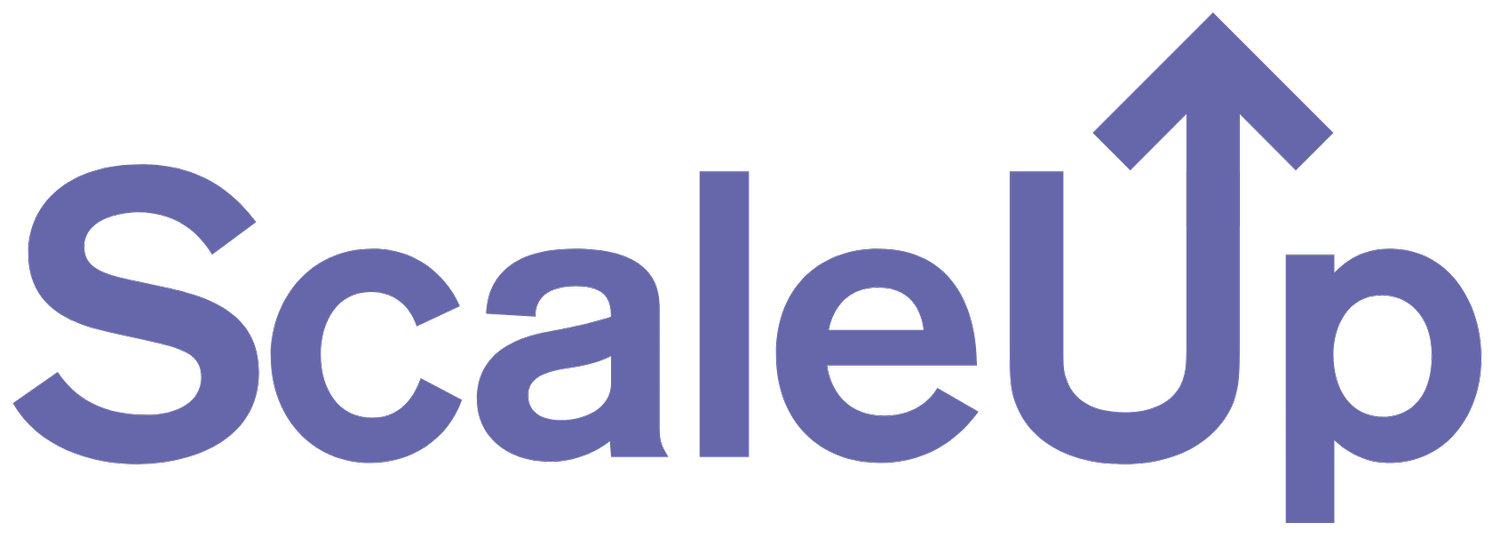QuickBooks vs Xero: Which Accounting Software is Best for Your Business?
When it comes to managing business finances in 2025, QuickBooks Online and Xero are two of the most widely recognized accounting software options. Both platforms cater to small and medium-sized businesses, freelancers, and entrepreneurs who want to simplify bookkeeping, manage cash flow, and stay on top of taxes. But which one is the better fit for your business? In this article, we’ll compare QuickBooks and Xero in terms of ease of use, features, integrations, pricing, and ideal use cases.
Want the bigger picture? Compare all leading tools side-by-side and check current pricing & fees before you decide.
Ease of Use
QuickBooks Online: QuickBooks has a strong reputation for being intuitive, especially for those who already have some accounting knowledge. The dashboard displays cash flow, expenses, invoices, and profit and loss in an easy-to-understand way. That said, some new users find the interface a bit overwhelming at first due to the sheer number of features available.
Xero: Xero is often praised for its clean and modern design. The user interface is sleek, with a focus on simplicity, making it ideal for non-accountants and business owners who want a gentle learning curve. The software also emphasizes collaboration, so team members and accountants can easily access and update data in real-time.
Winner: Xero
If you’re new to accounting software, Xero’s simplicity makes it less intimidating. However, QuickBooks is also highly usable once you get the hang of it.
Features
QuickBooks Online:
Invoicing with automation
Expense tracking with receipt capture
Bank account and credit card reconciliation
Payroll management (as an add-on)
Robust reporting tools, including cash flow, profit & loss, and balance sheets
Inventory tracking (available on higher-tier plans)
Tax filing support
Xero:
Unlimited users on all plans
Easy bank reconciliation
Invoicing and expense tracking
Project tracking and job costing
Inventory management
Payroll (limited to certain countries)
Multi-currency support
Winner: QuickBooks Online
QuickBooks Online has advanced reporting and tax features. However, Xero shines when it comes to unlimited users and collaborative tools, making it perfect for teams.
Integrations
QuickBooks Online: Integrates with over 750 third-party apps, including PayPal, Shopify, and Gusto. This makes it flexible for businesses that want to connect accounting with CRM, eCommerce, or payroll platforms.
Xero: Offers 1,000+ integrations, including Stripe, HubSpot, and Square. The ecosystem is robust and appeals to startups and companies already using other Zoho tools.
Winner: Xero
While both platforms have strong integrations, Xero has a slight edge with more available connections.
Pricing
QuickBooks Online:
Simple Start: $30/month
Essentials: $60/month
Plus: $90/month
Advanced: $200/month
Payroll add-ons cost extra.
Xero:
Early: $15/month (limited invoices & bills)
Growing: $42/month (unlimited invoices & bills)
Established: $78/month (multi-currency, projects, and expense management included)
Winner: Depends on your needs
QuickBooks can get pricey at higher tiers, but it offers strong tax and reporting tools. Xero starts cheaper and includes unlimited users, but some features require upgrading.
Which is Best?
QuickBooks for:
Businesses needing advanced tax preparation and reporting
Companies with inventory tracking needs
Growing businesses that may need robust scalability
Xero for:
Startups and small businesses
Teams that value collaboration and need multiple user access
Businesses that require strong third-party app integrations
Both QuickBooks Online and Xero are excellent accounting software platforms, but they serve different types of businesses:
Choose QuickBooks Online if you want advanced accounting features, strong reporting, and tax tools.
Choose Xero if you prioritize ease of use, affordability, and unlimited users.
If you’re a solo entrepreneur or small team, Xero might be the better choice. For larger, growing businesses with complex accounting needs, QuickBooks Online is hard to beat.
ScaleUp Tip
If you’re scaling from solo freelancer to a small team, start with Xero to keep things simple for everyone. Once your accounting needs become more complex, you can either integrate with additional tools or consider transitioning to QuickBooks Online. This way, you won’t overwhelm your team early on, but you’ll still have room to grow into more advanced features later.

